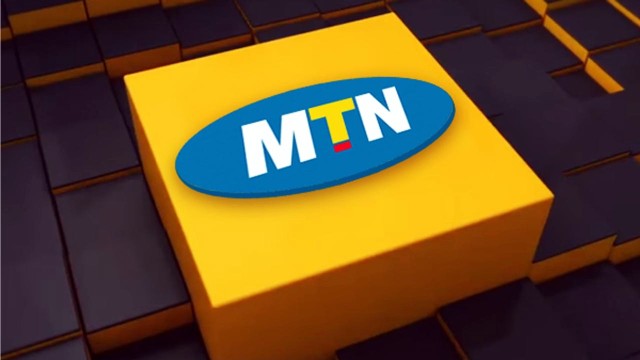Business
N330bn Fine: MTN Pays Final N55bn To FG

MTN Nigeria Communications Limited yesterday confirmed that it has paid N55 billion to the Federal Government (FG) which is the final tranche of the N330bn fine imposed on it by the Nigerian Communications Commission (NCC) for SIM card registration infraction.
In a statement signed by its Senior Manager, External Relations, Funso Aina, the MTN’s Chief Corporate Relations Officer, Tobechukwu Okigbo said the successful resolution of the fine was the outcome of active collaboration between the NCC and MTN.
He said, “We are very pleased to have completed the payment of the N330 billon negotiated settlement with the NCC. We are particularly gratified to be in a position to have fully met the terms of the settlement within the agreed timeframe. I would like to thank the NCC for their constructive and collaborative approach to this issue, and believe that we emerge from it with a stronger relationship, focused on ensuring maximum value is delivered to our people, from a strong and growing telecoms sector.”
Corroborating, a source at the NCC also confirmed the payment. According to the source, MTN paid the money into the Commission Treasury Single Account (TSA) account with the Central Bank of Nigeria (NCC).
The fine, initially put at N1.04 trillion before it was reduced to N330bn, was imposed on MTN in October, 2015, when the biggest telecom operator flouted some of the country’s SIM registration rules. After six months of negotiation and re-negotiation over the fine which led to the reduction to N330 billion, it was agreed that MTN would pay a balance of N280bn in six tranches. This was in addition to the “goodwill” payment of N50 billion earlier made by MTN to the government.
“Specifically, MTN began the payment structure with the payment of N30bn into NCC’s Treasury Single Account with the Central Bank of Nigeria, 30 days from the date of the agreement dated June 10 2016. Subsequently, MTN paid N30 billion on March 31, 2017; N55 billion on March 31, 2018; N55 billion on December 31, 2018, and on March 31, 2019, it paid N55 billion.”
In the agreement reached by the parties involved in a way to avoid decision likely to cripple business interest of the operators the Commission regulates, it was also agreed that MTN shall apologise to Nigerians, subscribe to the compulsory observance of Code of Corporate Governance for Telecoms Industry as well as undertake immediate steps to ensure its listing on the Nigerian Stock Exchange (NSE).
Business
Fidelity Bank To Empower Women With Sustainable Entrepreneurship Skills, HAP2.0
Business
President Tinubu Approves Extension Ban On Raw Shea Nut Export
Business
Crisis Response: EU-project Delivers New Vet. Clinic To Katsina Govt.
-

 Education5 days ago
Education5 days agoElga boss tasks law students on academics strides
-

 News2 days ago
News2 days agoAmend Constitution To Accommodate State Police, Tinubu Tells Senators
-

 Politics2 days ago
Politics2 days agoSenate Urges Tinubu To Sack CAC Boss
-

 News2 days ago
News2 days agoDisu Takes Over As New IGP …Declares Total War On Corruption, Impunity
-
Business2 days ago
President Tinubu Extends Raw Shea Nuts Export Ban To 2027
-
Business2 days ago
Crisis Response: EU-project Delivers New Vet. Clinic To Katsina Govt.
-
Business2 days ago
President Tinubu Approves Extension Ban On Raw Shea Nut Export
-

 Business2 days ago
Business2 days agoPENGASSAN Rejects Presidential EO On Oil, Gas Revenue Remittance … Seeks PIA Review

